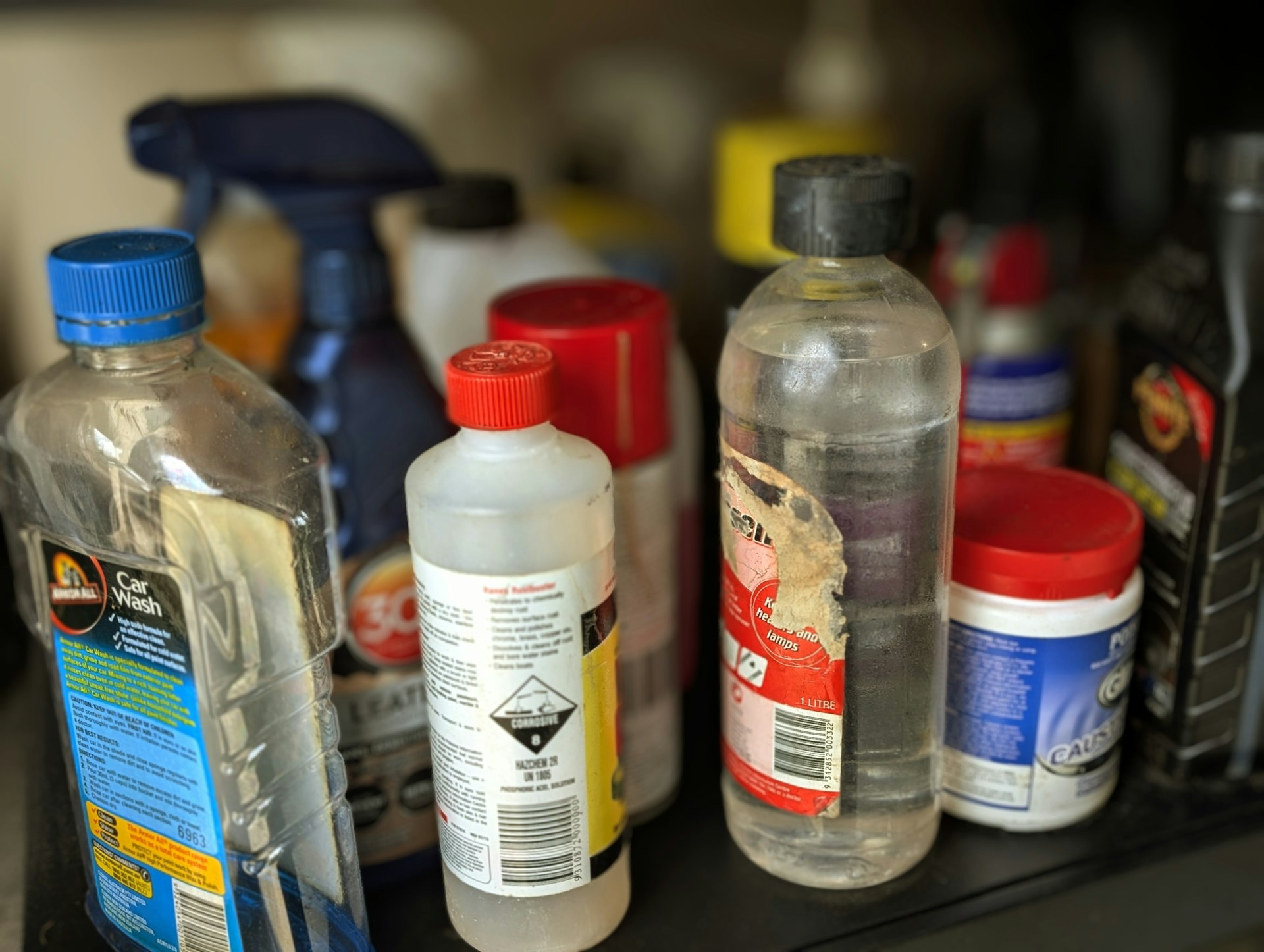The use of organic solvents in pharmaceuticals and materials science industries has long created environmental pollution alongside hazardous waste accumulation. Rice University researchers have now developed a new approach that eliminates toxic solvents because it utilises water-based microscopic reactors which enable light-powered chemical reactions. See the research here:
Chen, Y., Matatyaho Ya’akobi, A., Nguyen, T. V., Kao, S.-C., West, J. G., Biswal, S. L., Talmon, Y., & Martí, A. A. (2025). Supramolecular self-assembly of metal complex surfactants (MeCS) into micellar nanoscale reactors in aqueous solution. Chemical Science. https://doi.org/10.1039/D4SC07623K
Led by Professor Angel Martí, the team developed self-assembling metal complex surfactants (MeCSs) that form nanoscale micelles in water. These micelles create a controlled environment capable of performing photocatalytic reactions efficiently, reducing the environmental footprint of many chemical processes.
Surfactants, molecules having hydrophilic and hydrophobic parts organises itself into micelles after being introduced into an aqueous solution. Research personnel inserted a photo-sensitive metal complex throughout the surfactant framework. The final product becomes the MeCS system where surfactant micelles serve as tiny reaction chambers.
The team tested different MeCS variations by adjusting the length of their hydrophobic tails, achieving micelle sizes as small as 5-6 nanometers, smaller than those typically observed in similar systems.
“Our findings show how powerful molecular design can be in tackling chemical sustainability challenges while maintaining high chemical performance,” Martí said. “We’ve created a tool that could transform how chemical reactions are performed, reducing environmental harm while increasing efficiency.
Organic solvent usage creates multiple challenges, including toxicity, high disposal costs, and stringent handling regulations. The idea that they can be replaced with water-based micelles offers an economical and sustainable solution. Since these micelles can be reused, enhancing cost efficiency while reducing waste generation.
“These micelles act like tiny reaction vessels,” said Ying Chen, first author of this study and a doctoral student in chemistry at Rice. “They enable chemical transformations that wouldn’t normally work in water while being more sustainable than traditional methods.”
The MeCS-based micellar reactor system presents industries with an effective solution for controlling hazardous waste production while enhancing reaction efficiency in sustainable manufacturing processes. Future research efforts will concentrate on expanding the reaction capabilities of these water-based systems beyond pharmaceutical applications to include material science and environmental chemistry applications.
The study was co-authored by Shih-Chieh Kao and Julian West from Rice University’s Department of Chemistry, Asia Matatyaho Ya’akobi and Yeshayahu Talmon from the Technion-Israel Institute of Technology, and Thao Vy Nguyen and Sibani Lisa Biswal from Rice’s Department of Chemical and Biomolecular Engineering.

Hassan graduated with a Master’s degree in Chemical Engineering from the University of Chester (UK). He currently works as a design engineering consultant for one of the largest engineering firms in the world along with being an associate member of the Institute of Chemical Engineers (IChemE).



